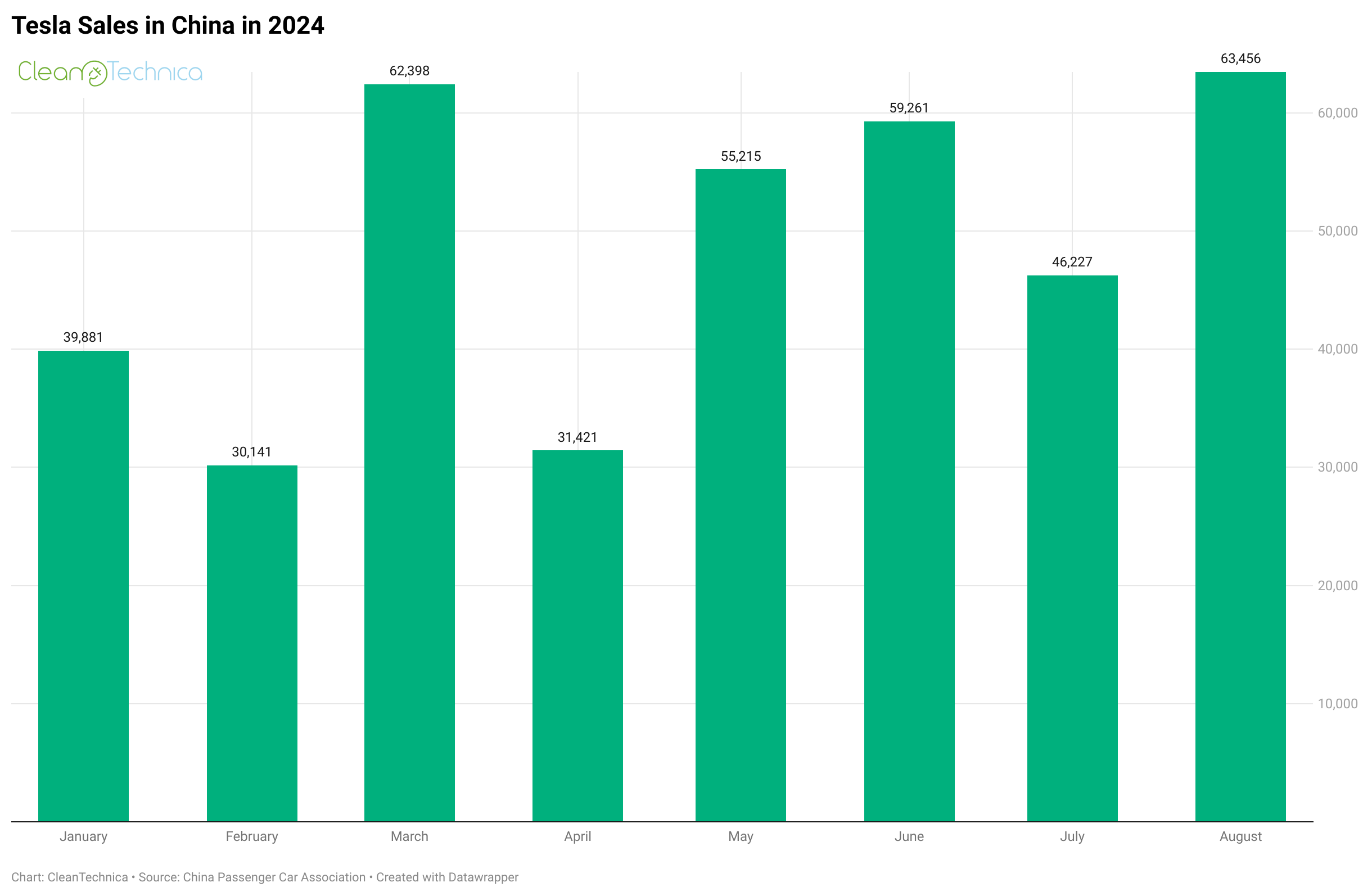Sign up for daily news updates from CleanTechnica on email. Or follow us on Google News!
They slept fitfully on couches deep into the night. Rumors were that food was running out. After two weeks of negotiations, unanimous agreement at the end of this year’s United Nations Climate Change Conference (COP28) seemed destined for greenwashing.
Then the news broke: An 11,000 page document referred to what the UN is calling the “beginning of the end” of the fossil fuel era. The global pact calls for “transitioning away from fossil fuels in energy systems, in a just, orderly, and equitable manner” — it includes explicit language looking to the end of Big Oil.
The sleep-deprived diplomats were jubilant. Yes!
Duplicity at COP28 Comes to a Head
Imagine this, if you will. COP28 was held in the United Arab Emirates, among the world’s 10 largest oil producers. Sultan Al Jaber was the COP28 president — and also is the head of the UAE’s state oil company. Want to know the definition of “conflict of interest?” Look up Al Jaber’s name in the dictionary.
He vacillated prior to COP28, discussing how the transition from fossil fuels to renewables faced certain challenges. Speaking at the Bloomberg Emerging + Frontier Forum in 2022, he outlined:
- How to ensure economies move forward, while putting the brakes on emissions.
- How to maintain energy security and climate progress at the same time.
- How to make sure that no one gets left behind.
“I believe we can, we must, and, in fact, we have no other option but to solve these challenges together,” Al Jaber said last year in a nod to his fossil fuel buddies.
Then, in a centrifuge of contradictions, Al Jaber fussed with the COP28 language about phasing out fossil fuels and made what had seemed like a fleeting dream a reality. Calling the phaseout of fossil fuels “inevitable,” he positioned himself as the intermediary among oil producing nations and the COP28 delegates in order to bring the major new climate agreement forward.
“Through the night and the early hours of the morning we worked collectively for consensus,” he began. “I promised I would roll up my sleeves. We have the basis to make transformational change happen.”
And then he uttered the statement that could change the planet.
“Hearing no objection, it is so decided,” he told delegates standing before him, who burst into applause and cheers that filled the conference room with exhilaration and energy. US special climate envoy John F. Kerry stood and hugged Dan Jorgensen, Denmark’s minister for climate, energy, and utilities, who reciprocated with hearty pats on Kerry’s back.
The Significance of the COP28 Agreement
The UN press release announcing the agreement read in part:
“In a demonstration of global solidarity, negotiators from nearly 200 Parties came together in Dubai with a decision on the world’s first ‘global stocktake’ to ratchet up climate action before the end of the decade – with the overarching aim to keep the global temperature limit of 1.5°C within reach.”
The global stocktake is considered the central outcome of COP28, as it contains every element that was under negotiation and can now be used by countries to develop stronger climate action plans due by 2025. The stocktake recognizes the science that indicates global greenhouse gas emissions need to be cut 43% by 2030, compared to 2019 levels, to limit global warming to 1.5°C. In order to deliver the necessary funding to achieve these goals, the global stocktake underscores the importance of reforming the multilateral financial architecture and accelerating the ongoing establishment of new and innovative sources of finance.
Bill McKibben, co-founder of 350.org, told Vox in an interview that Al Jaber and his delegation were forced to make concessions in order to try to rescue the agreement. The fact that they agreed to even include the transition from fossil fuels, McKibben explains, is a victory, as it gives activists a baseline of language to use as leverage in order to try and win all the fights that lie ahead.
In his Substack article after the agreement was released, McKibben argues, “The world’s nations have now publicly agreed that they need to transition off fossil fuels, and that sentence will hang over every discussion from now on.” He goes on to say that the language means “means no opening no more new oil fields, no more new pipeline. No more new LNG export terminals.”
Indeed, a letter to US President Joe Biden that was released at COP28 urges the LNG pause. “At a time when Americans across the country are experiencing ever-harsher climate impacts,” 230 environmental organizations concurred, “it is imperative that DOE rejects CP2 LNG.”
The COP28 agreement comes at a time in which many people across constituent groups are demanding that fossil fuel companies contribute their fair share to address a crisis they helped manufacture and — from the dour faces of the COP28 fossil fuel lobbyists — have until now refused to help fix.
The Washington Post contends that the deal “arguably marks the most important global climate moment since the 2015 Paris agreement,” which established a goal of keeping the Earth’s warming below 1.5 degrees Celsius (2.7 degrees Fahrenheit).
Final Thoughts
The time had come. A November, 2023 Data for Progress survey revealed strong bipartisan support among 1279 US voters for legislation forcing oil and gas companies to pay for their role in fueling the planetary emergency. Two-thirds of all likely voters support such legislation, a +40-point net margin. Among Democrats, support for the proposed bill is 88%, while 61% of Independent and 46% of Republicans either strongly or somewhat back the proposal.
Of course, the immediate, joyous reaction to the agreement will be quickly tempered as oil, gas, and coal production continue to rise.
Fossil fuel companies are planning for decades of increased production, according to a report by the Stockholm Environment Institute. Their findings are that governments plan to produce around 110% more fossil fuels in 2030 than would be consistent with limiting warming to 1.5°C and 69% more than would be consistent with 2°C.
Many countries are still reliant on fossil fuels for revenue and economic growth. Decades of overreliance on exporting oil has hindered developing countries’ growth and undermined their people’s well-being. Yet, with untapped potential for renewables like solar and wind, the outlook could improve economic horizons and improve livelihoods.
Several potential loopholes in the agreement might decelerate the transition. Like all climate crisis solutions, of course, the diversification process needs careful strategizing to avoid worsening inequalities. The Climate Forward predicts, “It will mean sweeping changes to the global financial system to provide more capital to developing nations. There will have to be fundamental changes to the food system, serious efforts to protect nature, and new technological advances.”
The next two years will be critical. At COP29, governments must establish a new climate finance goal, reflecting the scale and urgency of the climate challenge. And at COP30 they must come prepared with new nationally determined contributions that are economy wide, cover all greenhouse gases, and are fully aligned with the 1.5°C temperature limit.
Have a tip for CleanTechnica? Want to advertise? Want to suggest a guest for our CleanTech Talk podcast? Contact us here.
Our Latest EVObsession Video
I don’t like paywalls. You don’t like paywalls. Who likes paywalls? Here at CleanTechnica, we implemented a limited paywall for a while, but it always felt wrong — and it was always tough to decide what we should put behind there. In theory, your most exclusive and best content goes behind a paywall. But then fewer people read it!! So, we’ve decided to completely nix paywalls here at CleanTechnica. But…
Thank you!
CleanTechnica uses affiliate links. See our policy here.



